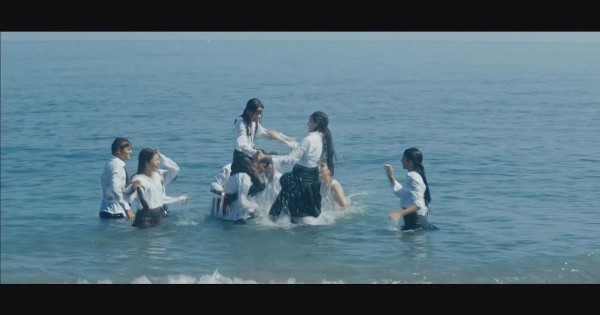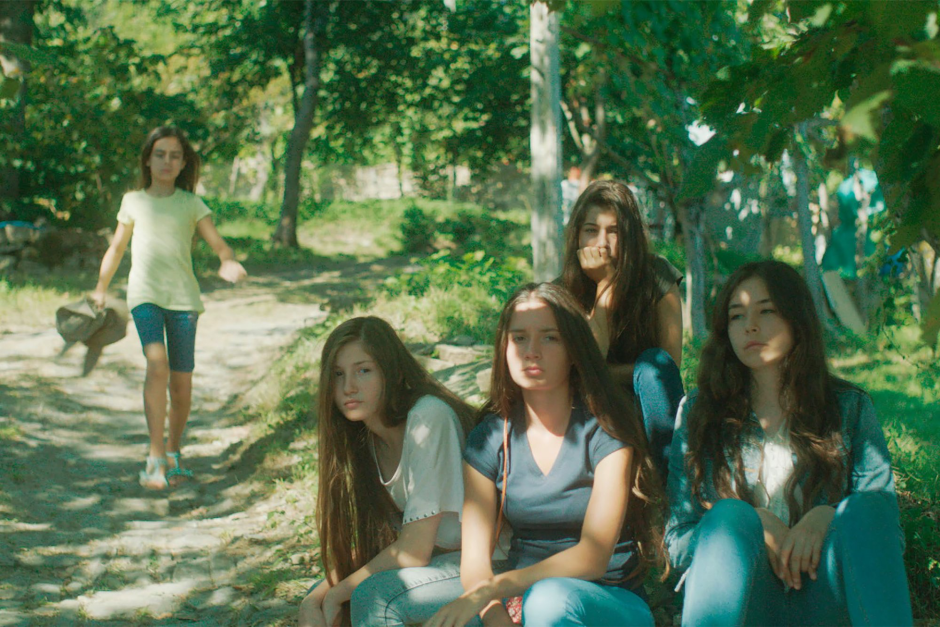A remote village, near Turkey’s Black Sea coast, is the venue of a Turkish coming-of-age movie about adolescence, sexuality, tradition, repression and the longing for freedom. These interlocking themes are woven into the fabric of Deniz Gamze Erguven’s skillfully crafted debut feature film, Mustang, which opens in Toronto on January 15.
Five playful, close-knit sisters, ranging in age from 11 to 17, take a dip into the sea after the school year ends. The games they play on shore and in the water with a bunch of boys seem innocuous enough. They’re just letting off steam and having a bit of fun under warm sunshine.

But when they get back home, their fuming grandmother accuses them of having engaged in “obscene” behaviour. She claims they’re disgusting because they pleasured themselves on the backs of the boys. Their puritanical uncle, a fierce-looking man, accuses them of having behaved like prostitutes.
The girls, whose parents are deceased, are puzzled by the verbal onslaught. As far as they’re concerned, they’ve done nothing wrong. But in a traditional Muslim village 1,000 kilometres from Istanbul, the clash between the old ways and modernity can be wrenching.
In keeping with the values and mores of the village, the girls — winsomely played by Gunes Sensoy, Doga Doguslu, Tugba Sunguroglu, Elit Iscan and Ilayda Akdogan — are subjected to virginity tests. How could it be otherwise in a society that places so much value on virgin brides?
The girls are also rigorously prepared for marriage. In a series of sardonic rapid-fire scenes, they’re instructed in the basics of Turkish cuisine and are fitted for shapeless “shit-colored” brown dresses they’ll have to wear in the future.

Their grandmother, though not particularly pious, observes the formalities of Islam and expects her granddaughters to follow suit. The girls, however, are rambunctious and rebellious. The eldest sister climbs out her bedroom window to meet her boyfriend. And all five of the girls, in defiance of their uncle’s edict, hop on a bus for a trip to a soccer game in a nearby town.
Not leaving anything to chance, the grandmother and uncle set up arranged marriages for the oldest two sisters. In well-observed scenes, the film examines this time-honored rite of passage. One of the sisters delights in matrimony, but the second wallows in misery. When the fourth sister is betrothed to a total stranger, her grandmother assures her she’ll learn to love her new husband, like countless Turkish brides who’ve been through the same process.
Erguven handles these delicate situations with tact and sensitivity, and viewers are all the richer for it.
